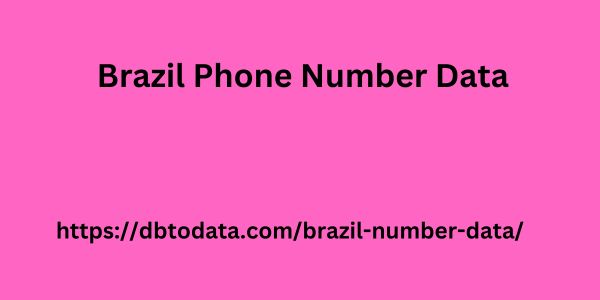|
|
The inappropriate inclusion of authors happens quite frequently. Oftentimes, collaborators who do not have large contributions end up being included because they have an intimate relationship with the main author. Colleagues, friends, fellows and interns do not have the right to be considered authors solely due to these conditions. This bad habit must be combatted and avoided using clear rules regarding authorship requirements from the beginning of the project until its end. Each professional area will have its own author code with its predefined requirements and, generally, anyone who plans, executes and writes part of the project is considered an author. Authoring code example order of authors For each area of knowledge specific rules are determined. For example, the International Committee of Medical Journal Editors was created in January 1978 in Vancouver. Its purpose is to establish some common criteria for the publication of scientific articles in the health area.
Until the 1982 edition, the committee had not established any requirements related to the authorship of the works, only their title. In 88, Professor Povl Riis proposed some requirements for the characterization of authorship. Firstly, all people must be qualified to be categorized as authors. Each must make a significant contribution to taking public responsibility for its content. This contribution is measured considering the following Brazil Phone Number Data topics: 1 – conception, planning, analysis or interpretation of data ; 2 – writing the article or its critical intellectual review ; 3 – responsibility for final approval for publication. For a researcher to be included as an author, he or she must meet the three topics. For example, just part of the article writing or data analysis is not enough to justify authorship. The authors must have participated in a scientifically fundamental way in the work, from its conception to its dissemination. Therefore, any other contribution must be presented and acknowledged separately in the acknowledgments.

According to Law 9610/98, on the issue of Copyright (5), in its Article 15: “Co-authorship of the work is attributed to those in whose name, pseudonym or conventional sign it is used. § 1 Anyone who simply assisted the author in the production of the literary, artistic or scientific work, reviewing it, updating it, as well as supervising or directing its editing or presentation by any means is not considered a co-author.” In the Professional Code of Ethics for Psychologists, there is an item that requires psychologists when publishing and disseminating scientific works to mention the scientific contributions made by co-authors. When these contributions do not meet the authorship criteria, these other contributors must be mentioned in the acknowledgments. Authorship requirements are addressed in different codes of ethics for different branches of healthcare, for example: In the Code of Medical Ethics, in its article 137, it proposes that it is prohibited for doctors to “publish scientific.
|
|